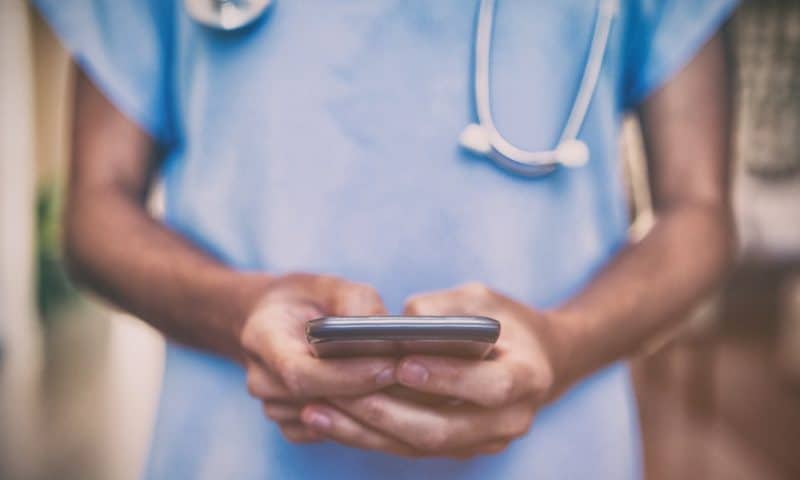Pear Therapeutics is building out its app-based digital treatment platform into something a little more tangible.
With the addition of wearable sensors and activity trackers through multiple partnerships, the company hopes to personalize its programs for substance use while also providing real-time data that can be used to guide the dosing of medication-assisted treatments such as buprenorphine.
Working with Empatica—the maker of smartwatches designed to spot epileptic seizures and COVID-19—Pear will help develop sensors for evaluating withdrawal symptoms in patients recovering from opioids, alcohol and other substances. Empatica’s wearables, cleared in the U.S. and Europe, can log changes in a person’s heart rate, skin temperature, fine motor movements and nervous system responses.
At the same time, Pear will collaborate with etectRx to explore the use of its digital pill system with ingestible markers to help track medication adherence as well as KeyWise to build new digital biomarkers using artificial intelligence which will rely on analyzing individual taps on smartphone keyboards.
These programs will join a previous licensing deal Pear made with Winterlight Labs in early 2020 to incorporate machine-learning-based biomarkers that examine a person’s voice for signs of Alzheimer’s disease, depression, insomnia and schizophrenia, among other conditions.
Altogether, these steps aim to help grow the former Fierce 15 winner’s options as it looks to expand beyond neurobehavioral therapies, according to President and CEO Corey McCann, M.D., Ph.D.
“Accessing external technologies allows us to build [prescription digital therapeutics] with new capabilities and continue to broaden their scope and effectiveness,” McCann said in a release not long after the company announced the second closing of its series D financing, bringing the round’s total investment up to $100 million.
The additional data and functionality from wearables could also help better establish the programs’ usefulness. In late 2020, the Institute for Clinical and Economic Review said it was unable to find strong evidence that smartphone apps for opioid use—including Pear’s reSET-O, among other companies’ offerings—could provide benefits over time periods past six months.
The drug pricing watchdog modeled the cost-effectiveness of Pear’s reSET-O—which was cleared by the FDA in late 2018 for a three-month course of outpatient therapy in combination with buprenorphine—and found its total price to be acceptable, providing it could show durable improvements out to five years by helping patients adhere to their regimens.
Meanwhile, Pear published real-world data from more than 3,100 users showing that about half finished all of the program’s core modules outside of normal clinic hours, with 85.8% remaining in active treatment through the final month of the regimen and 88.1% passing drug screenings.

